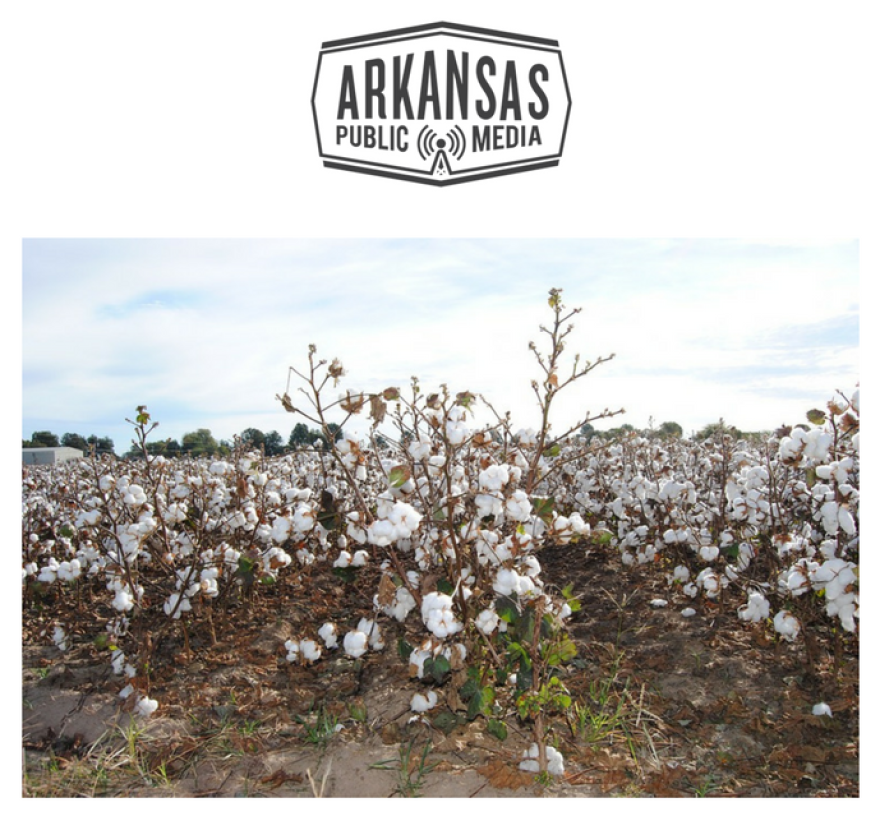Arkansas’s cotton farmers are looking forward to the growing season with some optimism that the fluffiest of crops will continue to experience a mini-resurgence.
According to the Arkansas Farm Bureau, Arkansas ranks fourth for cotton production. Most farms don’t grow cotton exclusively but rotate it in with other staples such as corn and soybeans.
At a recent Agri-Business Conference at Arkansas State University, Gary Adams with the National Cotton Council in Memphis said the U.S. as a whole produced its largest cotton harvest in a decade last year, and signs are pointing towards more growth in 2018.
He credits much of it to competitors becoming customers. That is, synthetic fibers that used to compete with cotton are now being blended with cotton to meet consumer expectations, especially for the growing performance "athleisure” clothing trend.
“We’re actually even seeing some products that had gone to 100 percent polyester needing to come back and work some cotton into those blends,” Adams said.

Other factors for growth in cotton include China finally unloading a huge state surplus of cotton and increasing imports.
Wes Ward, Arkansas’s Secretary of Agriculture, said further improvements may come from the upcoming Farm Bill. Advocates are expecting the bill to help cotton farmers switch back from newer insurance programs that haven’t been considered a success to the steadier incentives offered by Title One legislation.
“I think we’re all optimistic that’s going to happen so things are looking good so far,” Ward said.
Experts at February’s Agri-Business Conference agreed that cotton tends to be among farming's higher-maintenance crops, but it offers advantages, such as a higher tolerance for dry spells and an additional ability to withstand severe weather conditions.
A longtime Arkansas cotton farmer, Laudies Brantley thinks of cotton as a sentimental favorite — and the prettiest of all crops.
“My youth was spent in and around cotton. I pursued it as an adult, and I really can’t imagine farming without it,” said Brantley.
This story is produced by Arkansas Public Media. What's that? APM is a nonprofit journalism project for all of Arkansas and a collaboration among public media in the state. We're funded in part through a grant from the Corporation for Public Broadcasting, with the support of partner stations KUAR, KUAF, KASU and KTXK. And, we hope, from you! You can learn more and support Arkansas Public Media's reporting at arkansaspublicmedia.org. Arkansas Public Media is Natural State news with context.







